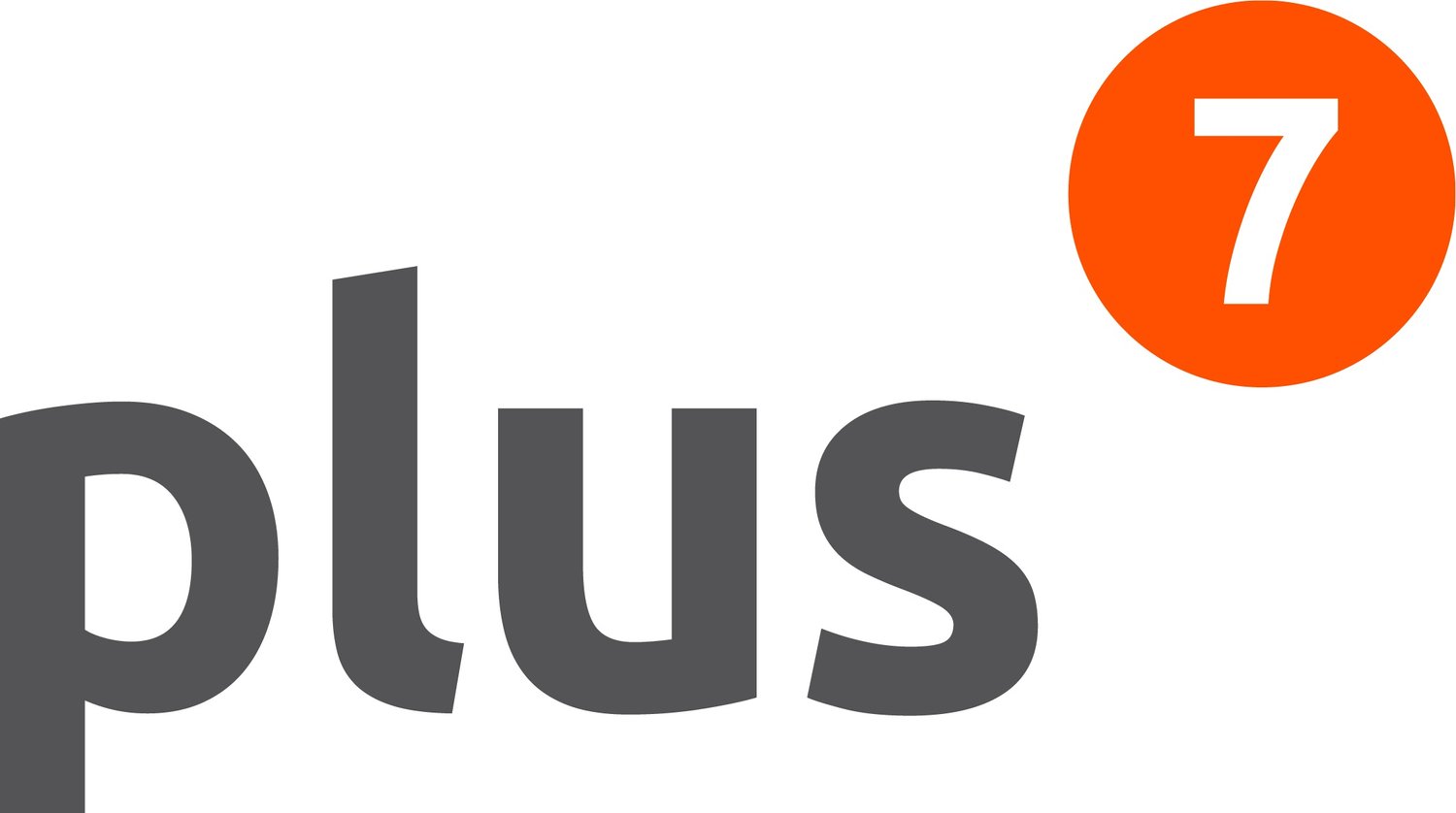Super strategies - Topping up super with ‘catch-up’ contributions
How does the strategy work?
If your concessional contributions (CCs) in a financial year are below the annual CC cap, you’re able to accrue these unused amounts and carry them forward. This applies to unused cap amounts since 1 July 2018 and can be carried forward for up to five years. This means if you meet certain eligibility rules, you’ll be able to make larger CCs in a later financial year.
This may give you greater flexibility to make larger CCs when your circumstances allow.
This may be helpful if, for example, you have irregular employment income, fluctuating income or have had time out of the workforce.
What’s the benefit?
The amount you contribute is generally taxed at the concessional rate of up to 15%1.
Once contributed, any earnings are also taxed at a concessional rate of 15%, rather than your marginal rate, which could be up to 47%2.
Depending on your circumstances, this strategy could result in a tax saving of up to 32% and enable you to increase your super savings.
Key conditions
To be eligible to utilise your carried forward unused CCs by making a catch-up contribution you must:
have a ‘total superannuation balance’3 below $500,000 on the prior 30 June
be under 75 and meet the work test rules (or be eligible to apply the work test exemption) if you’re aged 67 to 74, and
have unused CC cap amounts accrued from one of the five prior financial years (but not before 2018/19).
Accruing unused CC cap amounts
The first financial year you could accrue unused CCs was in 2018/19. Unused CC amounts can be carried forward for up to five years before they expire.
Seek advice
Your financial adviser can help determine whether this strategy is right for you. They can also help you to work out what your available carried forward unused CC balance4 is and how much you’re eligible to contribute. Additional tax and other penalties may apply if you make contributions that exceed your available cap.
To work out your carried forward amounts, you need to confirm the total amount of CCs you have made in each financial year since 1 July 2018. You can access information about your contributions by logging on to my.gov.au. Information displayed might not be up to date, so it is also important to keep accurate contributions records and enquire directly to your super fund before contributing.
¹ Individuals with income from certain sources above $250,000 in FY 2021/22 will pay an additional 15% tax on salary sacrifice, personal deductible and other CCs within your cap.
2 Includes Medicare levy.
3 Your ‘total superannuation balance’ includes all of your super accumulation interests and amounts held in superannuation income stream products. For more information, visit ato.gov.au, and check your total super balance by logging into my.gov.au. You can also obtain this information by logging into my.gov.au
4You can also obtain this information by logging into my.gov.au
Case study
In 2018/19 and 2019/20, Fatima made CCs of $15,000, which was $10,000 less than the annual CC cap of $25,000.
Fatima took 12 months maternity leave from 1 July 2020 and didn’t make any CCs in FY 2020/21.
From 1 July 2021, Fatima returns to full-time work where her employer contributions (CCs) total $15,000 in 2021/22. This is $12,500 less than the annual cap that applies in this financial year ($27,500).
Fatima receives an inheritance of $35,000 in 2021/22 that she wants to contribute to super.
The table below shows how she can carry forward unused CCs to make catch up contributions in 2021/22 in later years.
Other key considerations
It’s important to check your total CCs for the financial year from all sources before adjusting your contribution strategy. CCs include:
contributions made for you by your employer as well as an estimate of any further employer contributions for the year
salary sacrifice contributions, and
personal contributions that you claim a tax deduction for
For personal deductible contributions, you need to lodge a ‘Notice of Intent’ form and receive an acknowledgement from the super fund before certain timeframes, and also before starting a pension, withdrawal or rollover.
If you are not eligible to make catch-up CCs, tax penalties apply if you exceed the annual CC cap of $27,500 in FY 2021/22.
You can’t access super until you meet certain conditions.
Important information and disclaimer
The information provided on this website is general in nature. We have not considered your financial circumstances, needs or objectives and you should seek the assistance of your Australian Unity Personal Financial Services (AUPFS) authorised representative before you make any decision regarding any strategy or financial products mentioned on this website. Whilst all care has been taken in the preparation of this material, no warranty is given in respect of the information provided and accordingly neither AUPFS nor its related entities, employees or agents shall be liable on any ground whatsoever with respect to decisions or actions taken as a result of you acting upon such information.
The trustee for Plus 7 Financial Management trust trading as Plus 7 Financial Management ABN 11 211 901 965 is a corporate authorised representative (no. 1007915) of Australian Unity Personal Financial Services LTD (AUPFS) ABN 26 098 725 145, an Australian Financial Service Licence Holder (AFSL No. 234459).
View our financial services guide (FSG) FSG (AUPFS) | FSG (John Hockey) | FSG (Andre DiMatteo)
Australian Unity Personal Financial Services is a wholly owned subsidiary of Australian Unity Limited. Australian Unity respects your privacy, refer to our privacy policy for more information.



